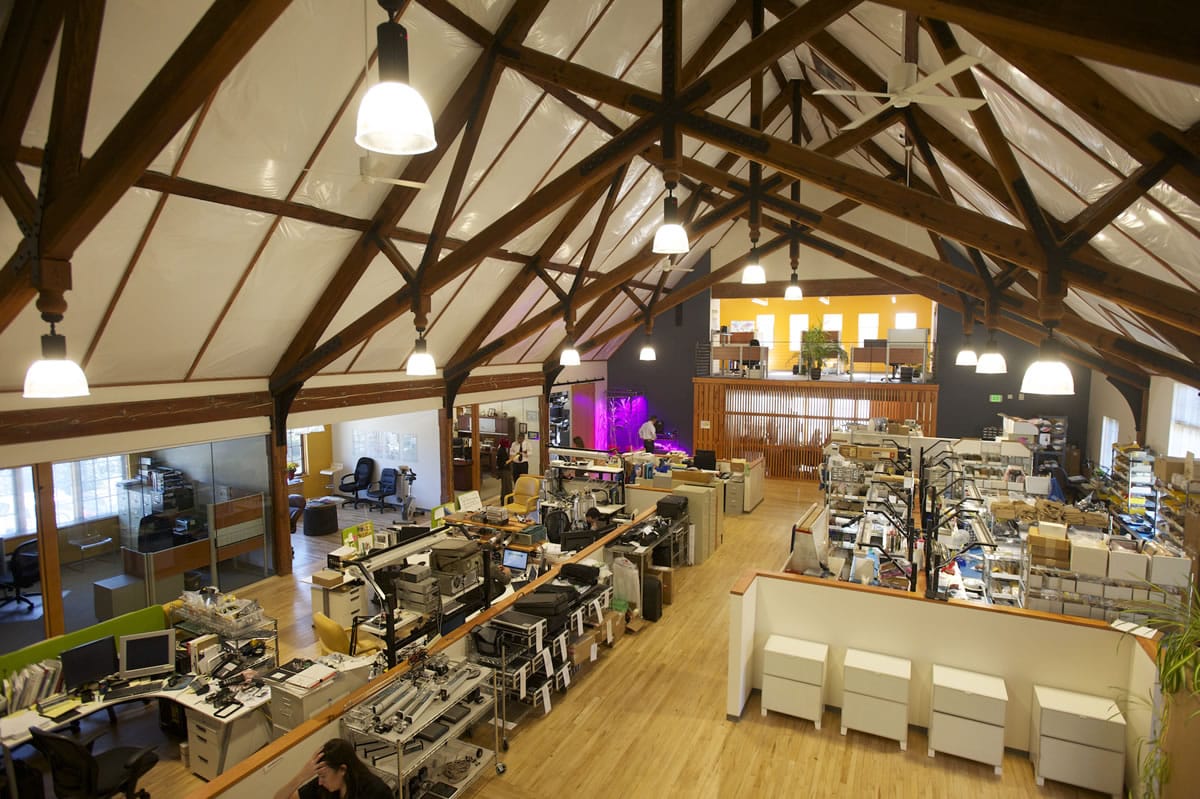o What: Creates and manufactures portable instruments used to measure and analyze plants.
o Owner: Leonard Felix.
o Employees: 17.
o 2013 revenue forecast: $4 million.
o Where: 1554 N.E. Third Ave., Camas.
o Web: cid-inc.com
When Leonard Felix saw the ad, he was first puzzled, then intrigued.
“Electronics manufacturer for sale in Camas?” he recalls thinking. “I thought I worked for the only electronics manufacturer in Camas.”
Felix, at the time a director at Sharp Electronics, wanted to know more. Seven years later, he’s the owner of the business that piqued his curiosity. That business, CID Bio-Science, has more than doubled its annual sales since Felix took over. It recently moved into spacious new Camas offices, designed around the principles of lean manufacturing. And Felix is preparing to expand into new markets that he hopes will fuel growth at the company for years to come.
CID Bio-Science, founded in 1990, makes portable instruments used in agricultural research. One product allows scientists to scan plant root growth beneath the earth. Another measures the canopies of trees and forests.
When Felix bought the business in 2008, CID’s products seemed to compete well against the competition, he said, but they didn’t meet the quality standards he’d learned developing consumer products at Sharp. CID runs its own small machine shop, manufacturing and assembling its gear on site.



